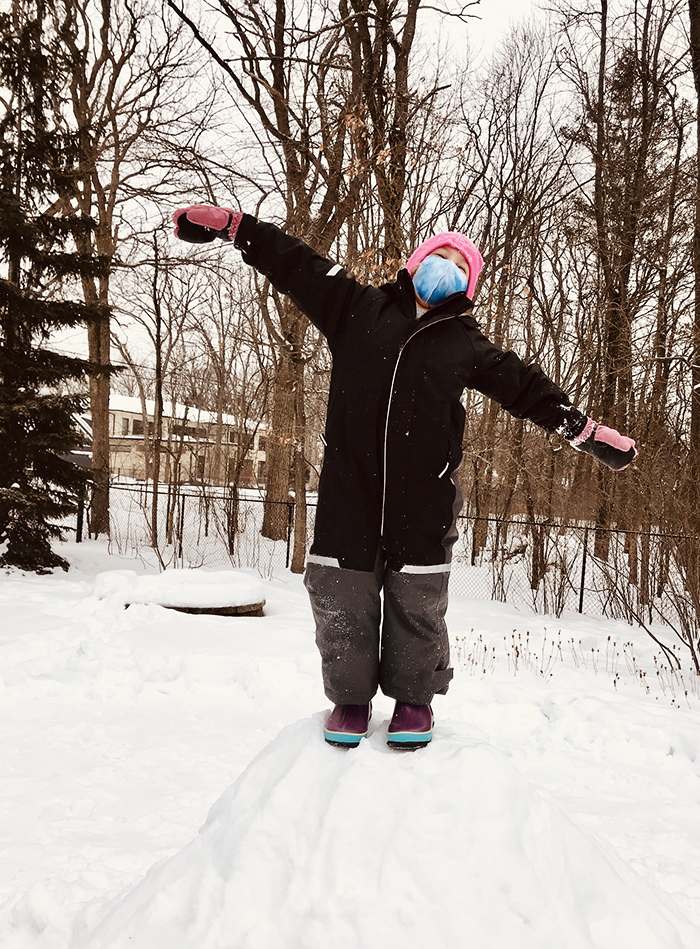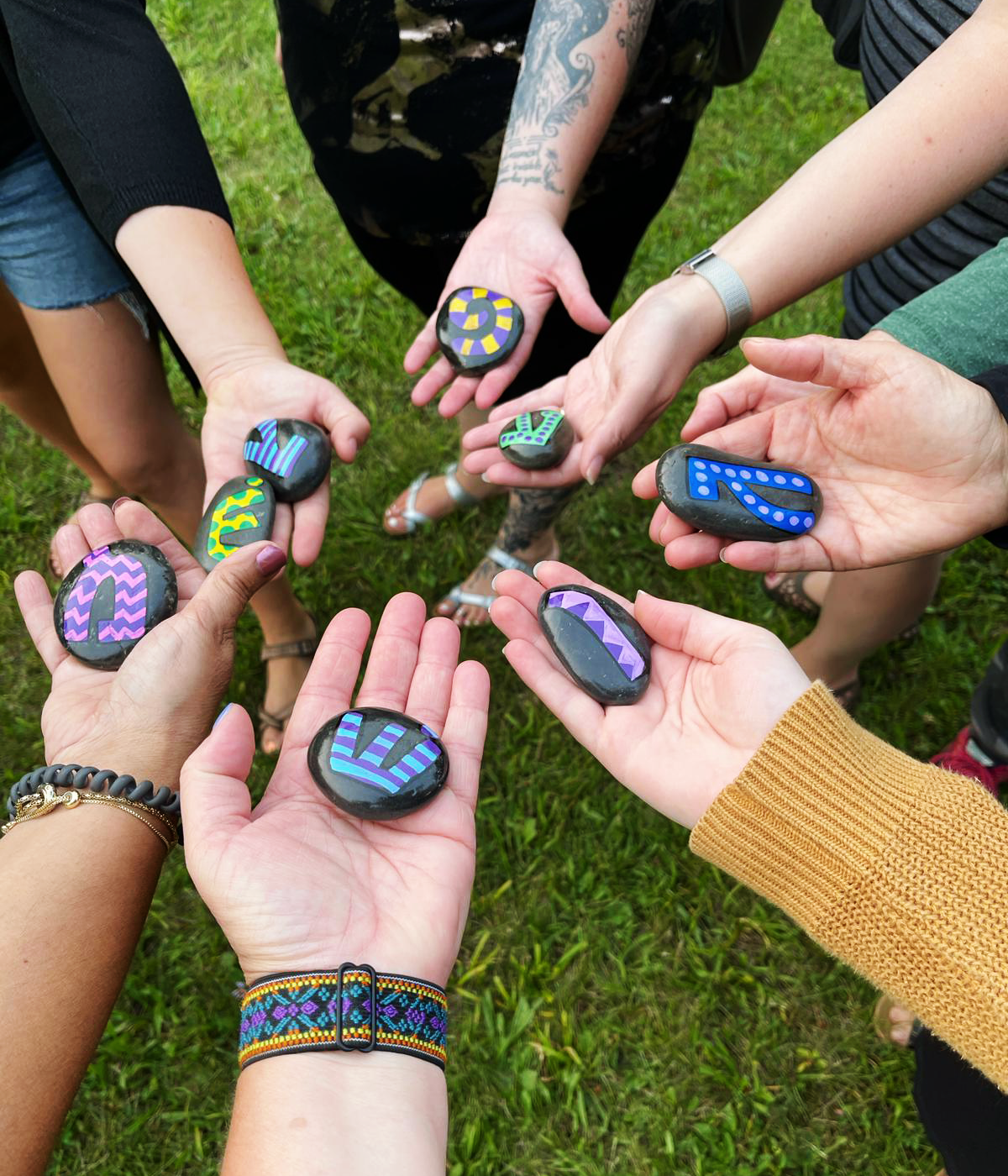
Written by Lauren Fraulo
Educational Consultant
In a recent Washington Post article titled “Awe might be our most undervalued emotion. Here’s how to help children find it,” writer Deborah Farmer Kris reflected on a childhood memory of watching a meteor shower with her family when she was nine years old. She remembers feeling totally amazed by what she saw.
I’m sure many of us can relate to that feeling of awe—perhaps it was seeing a work of art in a museum, hearing a piece of music that truly moved you, or seeing something in the natural world that was breathtakingly beautiful. Often, these moments from our childhood create lasting memories. I still remember the first time I saw a big owl land on the back steps of my childhood home. I was in awe of such a beautiful creature, far larger than I had imagined it in my head.
Awe is often described as an overwhelming feeling that occurs when we experience something that makes us wonder or feel curious. According to psychologists, the feeling of awe can have beneficial effects on our physical, mental, and emotional well-being. For example, one study found that experiencing awe can lead to future academic success because it teaches children to be curious and ask questions about what they see and experience. Another study found that people who experience awe tend to show more kindness and generosity.
According to a recent study out of Stanford University, children need “regular PDF—playtime, downtime, and family time—for healthy development.” In order for children to experience awe, they need unstructured time to explore the world around them and to ask questions about what they see. For many people, the great outdoors inspires awe. At Ta’am Teva, one of our main goals is to provide this time and environment for the children in our program.
Source: Washington Post


Written by Lauren Fraulo
Educational Consultant
In a recent Washington Post article titled “Awe might be our most undervalued emotion. Here’s how to help children find it,” writer Deborah Farmer Kris reflected on a childhood memory of watching a meteor shower with her family when she was nine years old. She remembers feeling totally amazed by what she saw.
I’m sure many of us can relate to that feeling of awe—perhaps it was seeing a work of art in a museum, hearing a piece of music that truly moved you, or seeing something in the natural world that was breathtakingly beautiful. Often, these moments from our childhood create lasting memories. I still remember the first time I saw a big owl land on the back steps of my childhood home. I was in awe of such a beautiful creature, far larger than I had imagined it in my head.
Awe is often described as an overwhelming feeling that occurs when we experience something that makes us wonder or feel curious. According to psychologists, the feeling of awe can have beneficial effects on our physical, mental, and emotional well-being. For example, one study found that experiencing awe can lead to future academic success because it teaches children to be curious and ask questions about what they see and experience. Another study found that people who experience awe tend to show more kindness and generosity.
According to a recent study out of Stanford University, children need “regular PDF—playtime, downtime, and family time—for healthy development.” In order for children to experience awe, they need unstructured time to explore the world around them and to ask questions about what they see. For many people, the great outdoors inspires awe. At Ta’am Teva, one of our main goals is to provide this time and environment for the children in our program.
Source: Washington Post


